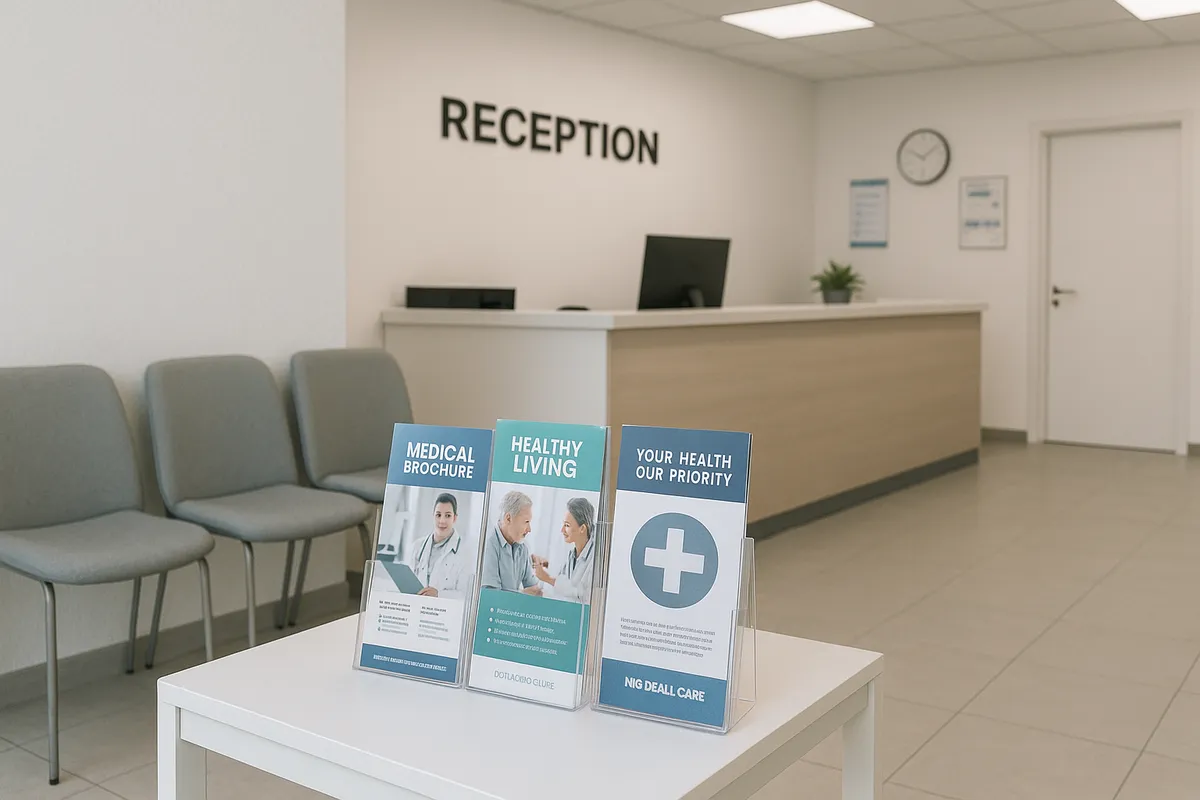Physicians’ Primary Care Data Breach: 1.8TB Stolen

Physicians’ Primary Care of Southwest Florida, a medical practice based in Southwest Florida, experienced a data breach. The cybersecurity incident was first detected on Sept. 17, 2024, and unauthorized access is believed to have started on Sept. 15, 2024.
The breach was the result of a ransomware attack carried out by the BianLian group, who claimed responsibility on the dark web and stated they exfiltrated approximately 1.8 terabytes of sensitive data. The compromised data includes both personally identifiable information (PII) and protected health information (PHI) of patients and employees.
Exposed data may include names, Social Security numbers and health information related to care and treatment received at Physicians’ Primary Care of Southwest Florida. According to the ransomware group's dark web post, the stolen data set also contained operational data, contracts and NDAs, passports and IDs, employee records, business files, accounting data, email archives, SQL databases, file server data and network user folders.
The data breach was disclosed to the U.S. Department of Health and Human Services on Nov. 14, 2024. The company also posted a detailed notice of security incident on its website, which was updated on July 18, 2025.
Physicians’ Primary Care of Southwest Florida's response
Upon discovering the unauthorized access and ransomware attack, Physicians’ Primary Care of Southwest Florida initiated its incident response protocols. In addition to required state and federal disclosures, the organization has notified affected individuals by mail and offering free credit monitoring and identity theft protection services.
If you receive a notice from Physicians’ Primary Care of Southwest Florida about this breach, you may want to:
- Enroll in the free credit monitoring and identity theft protection services offered.
- Monitor your credit reports and financial accounts for any unusual activity.
- Be alert for phishing emails or phone calls that may use your exposed information.
- Consider placing a fraud alert or credit freeze with major credit bureaus.
More information about the medical practice group can be found on the Physicians’ Primary Care of Southwest Florida website.
 Names
Names Social Security Numbers
Social Security Numbers Dates of Birth
Dates of Birth Addresses
Addresses Government IDs
Government IDs Medical Info
Medical Info Financial Info
Financial Info- Affected information types not yet disclosed

.webp)
.webp)
.webp)

.webp)
.webp)
.webp)
.webp)
.png)












.svg)